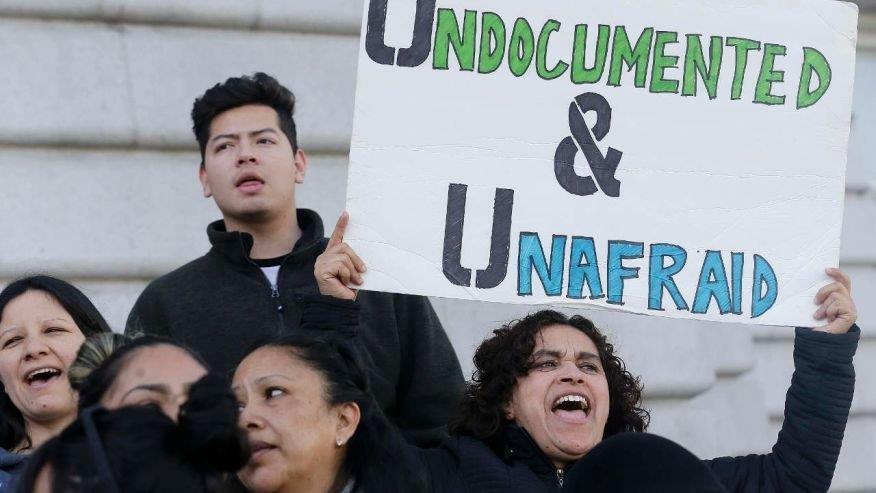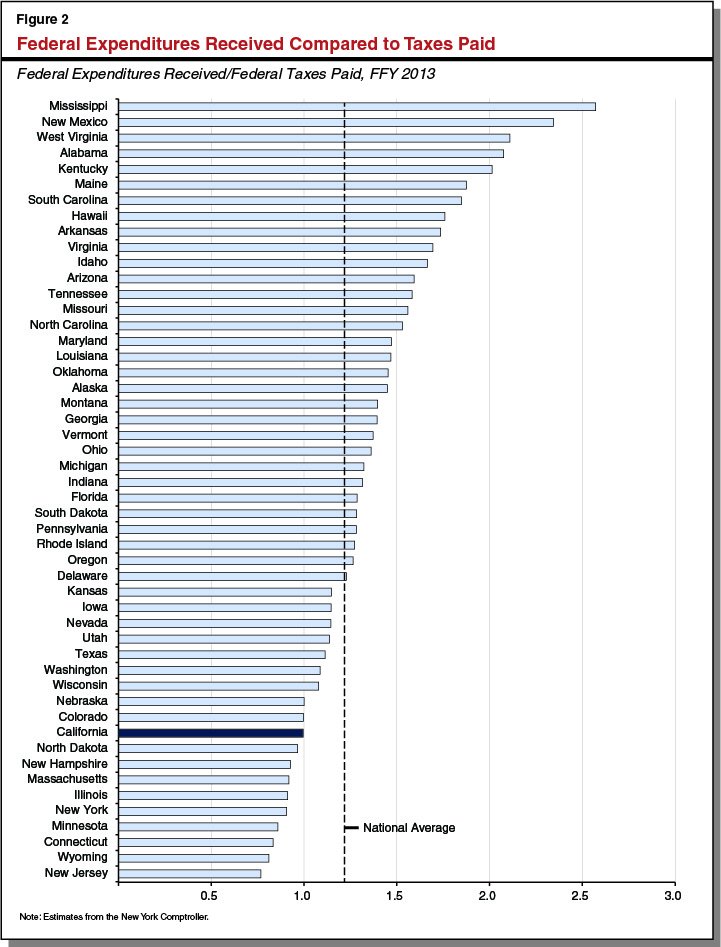It is argued that the Democrats want the illegals to stay in country due in part to gaining their vote. There is truth to that for sure, yet advocacy organizations raise a LOT of money which is in the end more important to the Democrat base for campaign contributions.
For a list of pro-amnesty groups covering all industry and social classifications, go here.
Perhaps as a reminder it is prudent to mention that Obama led the charge for clemency and pardons as noted here.
President Obama offered clemency to seven Iranians charged with violating U.S. trade sanctions against Iran as part of a historic prisoner agreement with Iran that freed four Americans Saturday, including Washington Post reporter Jason Rezaian.
The Iranians, six of whom are dual U.S.-Iranian citizens, were imprisoned or were pending trial in the United States. The U.S. government dismissed charges against 14 other Iranians, all outside the United States, after assessing that extradition requests were unlikely to be successful, according to a U.S. official. More here.
***
New York Gov. Andrew Cuomo mimicked California Gov. Jerry Brown’s approach to immigration, pardoning 18 convicted illegal immigrants who faced deportation.
Cuomo, a Democrat, praised himself on Twitter for his compassion Thursday before linking to a New York Times article supporting the move.
Related reading: In hopes of getting around federal law, immigrants seek governors’ pardons to block deportation
Defying Trump again, Jerry Brown pardons immigrants about to be deported
Escalating the state’s showdown with the Trump administration over illegal immigration, California Gov. Jerry Brown used a Christmas holiday tradition to grant pardons Saturday to two men who were on the verge of being deported for committing crimes while in the U.S.
Brown, pairing his state’s combative approach to federal immigration authorities with his belief in the power of redemption, characterized the pardons as acts of mercy.
The Democratic governor moved as federal officials in recent months have detained and deported immigrants with felony convictions that resulted in the loss of their legal residency status, including many with nonviolent offenses that occurred years ago.
With the pardons, the reason for applicants’ deportations may be eliminated, said attorney Kevin Lo of Asian Americans Advancing Justice-Asian Law Caucus, which represented some of the men in a recent class-action lawsuit.
The pardoned immigrants will still need to ask immigration courts to reopen their cases, he said.The detentions of felons has focused on specific ethnic groups in past months, including Cambodians and Vietnamese, according to immigration lawyers handling the cases. Cambodia has been reluctant to repatriate former felons, but acquiesced to accepting more after the State Department stopped issuing visas in September to a small group of top Cambodian officials and their families.Two of Brown’s pardons are Northern California Cambodian men picked up in October in those immigration sweeps, Mony Neth of Modesto and Rottanak Kong of Davis.
Kong was convicted on felony joyriding in 2003 in Stanislaus County at age 25 and sentenced to a year in jail. Neth was convicted on a felony weapons charge with a gang enhancement and a misdemeanor charge of receiving stolen property with a value of $400 or less in 1995 in Stanislaus County.
Both men came to the United States as children after their families fled the Khmer Rouge regime, and neither has engaged in criminal activity since being released from prison.
Kong and Neth were scheduled to be deported Monday, but a federal judge issued a temporary restraining order last week in the lawsuit filed by Lo’s team, delaying their departure.
Neth, 42, was unexpectedly released from Rio Cosumnes Correctional Center on Friday, said his wife, Cat Khamvongsa, and is back home with his family – albeit with an ankle monitor.
“We gave him a big hug,” she said of herself and her 16-year-old daughter. “We’re so happy.”
In a phone interview Friday night while on his way to Costco, Neth said he was asleep Friday morning when a guard at the detention facility near Elk Grove called his name.
“I knew right then I was coming home,” Neth said. “It’s the best Christmas gift ever. … I don’t want to be anywhere else in the world.”
Despite the governor’s pardon, Neth still faces legal hurdles, Lo said.







